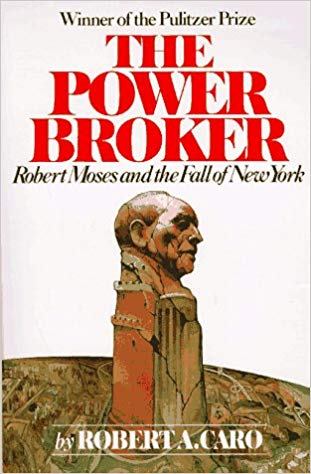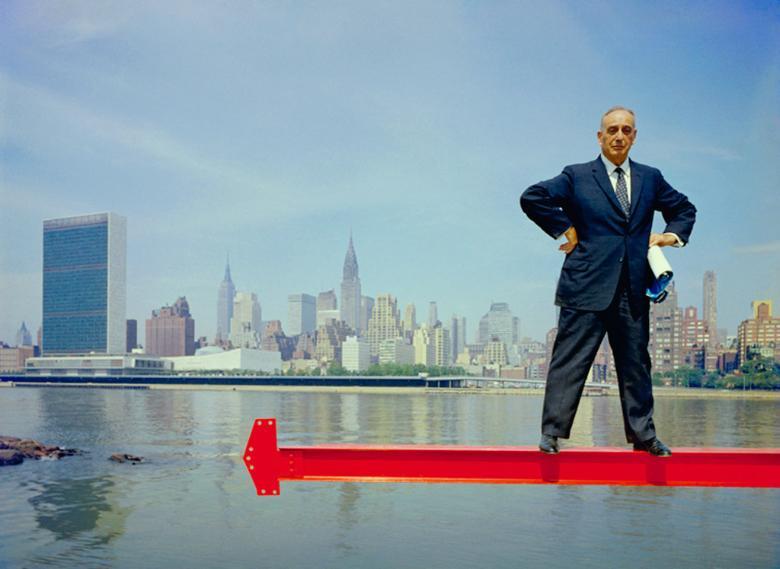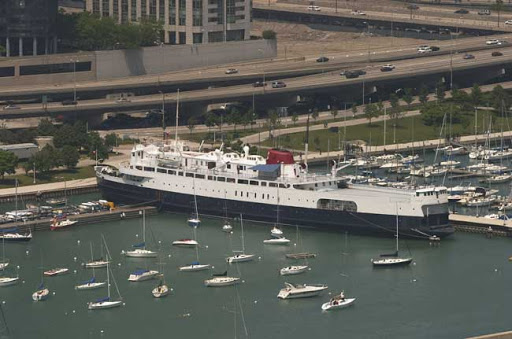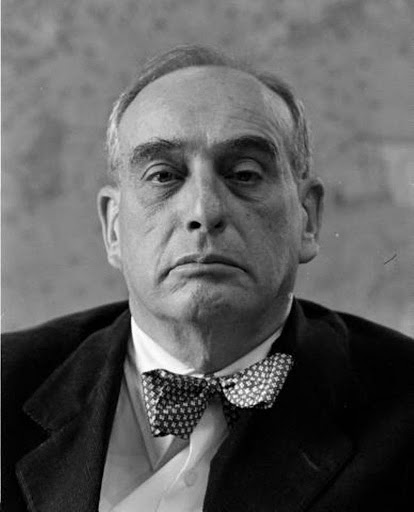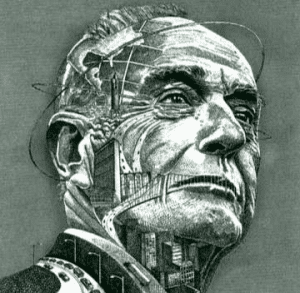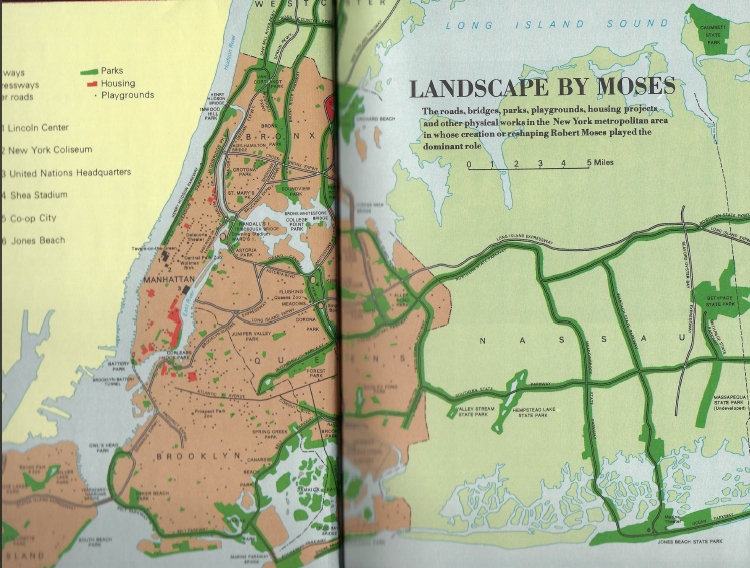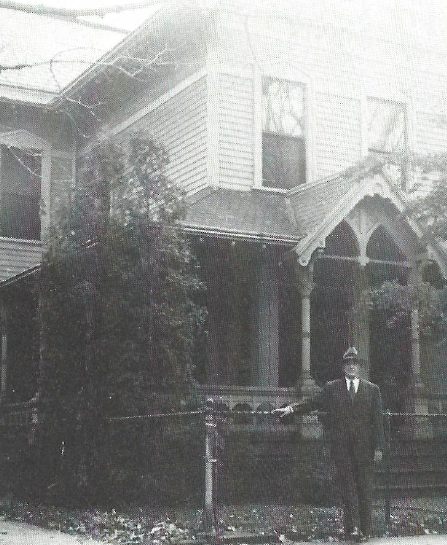Chapter 24 – Driving
With his new sense of power, Moses now sought to remake the city. For this he needed federal resources. He started to ignore or circumvent many of the laws of the city in order to keep up the pace of development. He continued to fight other departments with all his political skills, using the press when necessary to spearhead his attacks. If any of his projects were delayed, Moses sent word through the press that they were being held up by bureaucratic red tape.
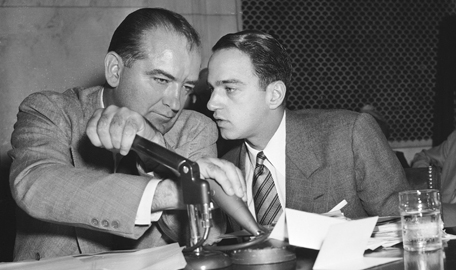
At this time, press barons such as W.H. Hearst were drumming up scare stories about the “red peril.” To be called out as a communist at this time was the worst anybody could be called. Moses used information about opponents, especially with regard to memberships of suspicious organisations, in order to smear them. One target was Paul J. Kern, key assistant to La Guardia, who Moses felt was interfering with his plans. Moses called Kern a Russian agent because of some unfortunate pro-Russian sympathies in the past. The Hearst empire began hunting for Kern’s scalp. Kern was eventually fired.
Moses’s developments turned to the city itself. This was more complicated than Long Island. The city had evolved into a thriving community and could not be rearranged by the broad brushstrokes Moses was used to. Every change made a multiplicity of consequences. A highway would have an immense impact on neighbourhoods, destroying good things as well as bad. Success in city planning required a more subtle and sophisticated formula. A more human aspect had to be added, but Moses would not allow it to be added.
To find out what ordinary people really needed, the public had to be talked to. Moses was not used to this, in fact was not interested in this. He was only interested in the grand designs. There were tough choices to be made, but they could only be made using in depth knowledge of the people who were to be served. However, Moses only ever considered common people in the mass. Parks were no longer there simply to provide nice views for motorists.
Despite all these real needs, Moses refused to adapt his designs. He started to hire people who would bend to his will and by this, lost out on the great talents who had advised him before. More and more the designs would be Moses’s alone, and however brilliant he may have been, it could never match the co-operative working using all the talents of before. By working like this, Moses was running out of hours needed to supervise everything. The majority of parks began to decline in quality. Original creation was being superseded by repetition with cheap materials.
Moses was not interested in anything small, and so many small projects, mainly in the slums where the poor and ethnic minorities had to live, were given the lowest priority. The Reformers understood that if the government didn’t provide parks for the poor in the city, then nobody would. This especially affected the black community. Their swelling population was not being provided for by the city. Moses’s parks system had effectively barred them from the great state parks due to lack of rail or bus transport. Small parks were thus essential, but they were not part of Moses’s plans and this was becoming increasingly obvious. For the 300,000 people of Harlem there was not a single green space. Conservation was giving way to recreation; concrete was replacing grass. The Reformers wanted to discuss their concerns with Moses, but Moses wasn’t listening.
Analysis & Key Takeaways
- Playground and Swimming Pool Discrimination: the realization that Moses is a total asshole is complete. Robert Moses did not build playgrounds for black children. Moses was intentionally not supplying parks in Harlem. Spanish Harlem was also discriminated against according to Caro; particularly by employing only white lifeguards (i.e not looking after other races lifeguards)….the cold water would deter black swimmers or so Moses thought: what a douch bag! Moses said he wanted the water colder so only white swimmers would feel welcome: horrible if true! Moses did not like Small Parks, these parks would help the black community most. There was no green space in Harlem….concrete replaced grass…this is where we see the dark said of Moses.
- Remember that the slums were not exactly beautiful places to live, but instead of restoring those neighbourhoods, the city of New York would incrementally remove basic amenities like gas, water. The slums would be starved until there were fewer and fewer residents making it easy to then bulldoze the houses to build new lucrative developments which would make New York too expensive for folks making less then above the national average.
